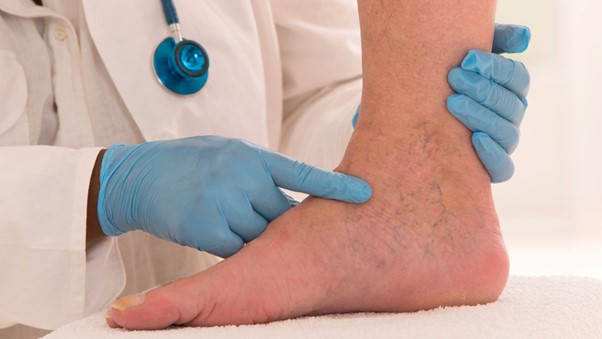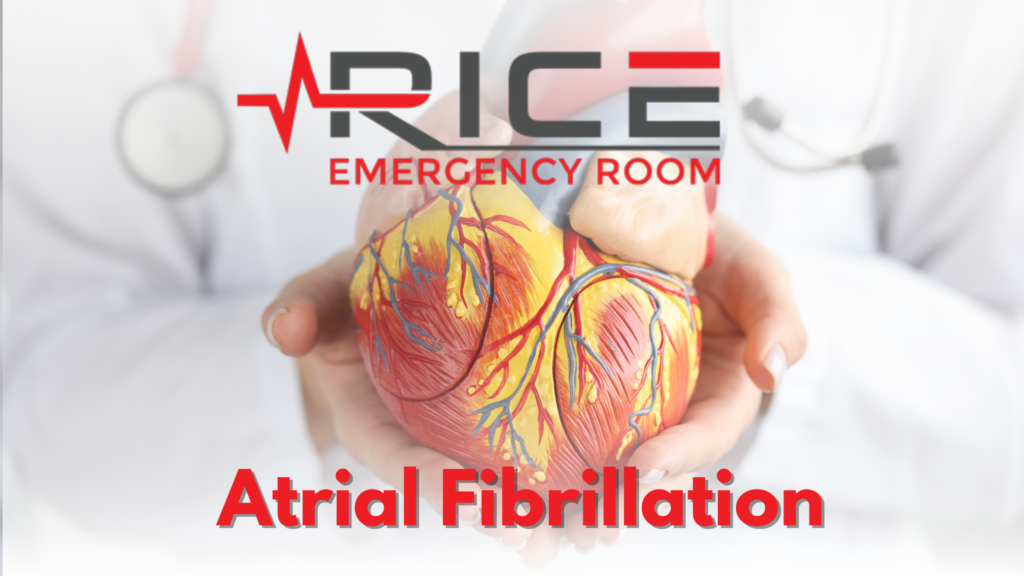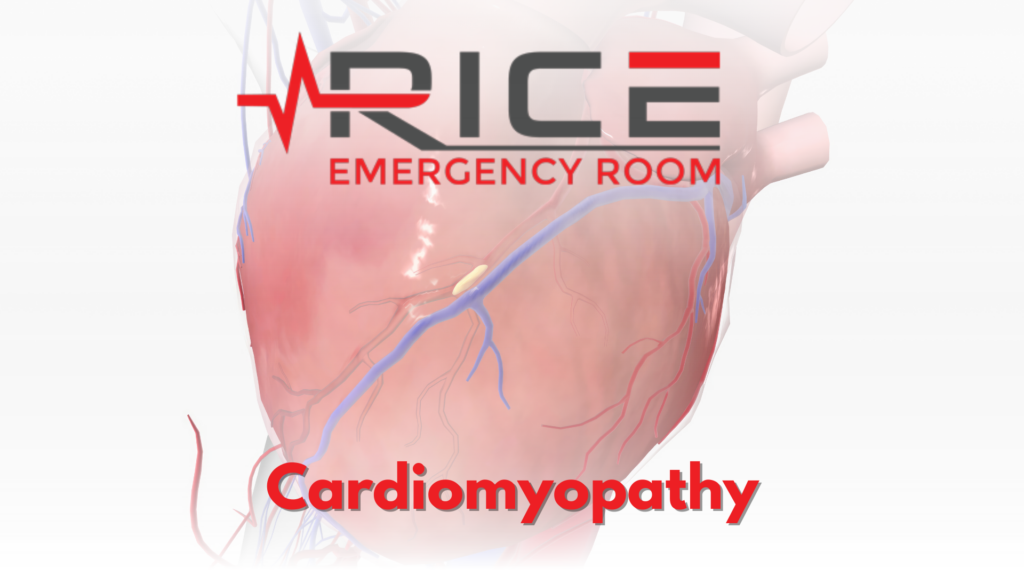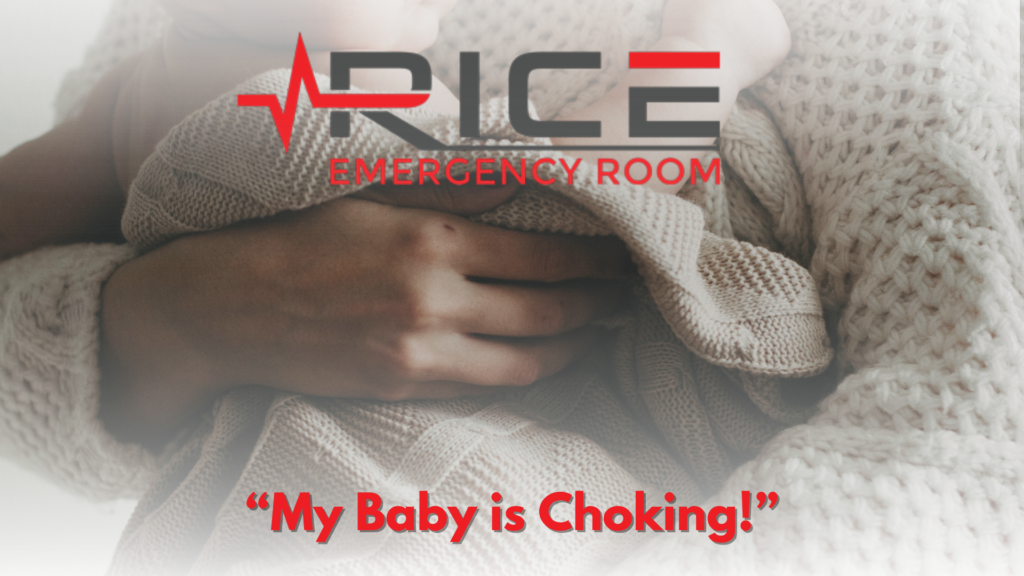
What is Edema and how to treat it
Edema is a condition that causes the body to swell. It can affect any body part, but it is most common in the feet, ankles, and legs. Edema can be caused by many different things, including injury, infection, medication, or pregnancy. To appropriately treat your edema, it is critical that your doctor determine its underlying cause.
Edema symptoms include swelling or puffiness in the tissue under your skin, especially in your legs or arms, shiny or stretched skin, skin that after being pushed for a few seconds – still has dimples (pits) and increased or enlarged abdominal area. (Mayo Clinic)
Causes of Edema
Edema can be of many different types and origins and frequently manifests as a sign of other diseases. Severe conditions can result in edema like heart disease, renal illness, thyroid problems, and liver conditions such as cirrhosis, bleeding infections, pronounced allergy responses, specific cancers, and chemotherapy. Edema may also result from other causes, such as a persistent vein condition, obstructive snoring, prior radiation treatments, and prior lymph node removal. As a person’s fluid content rises during pregnancy, edema is frequently experienced. However, edema that develops quickly could signify preeclampsia, a dangerous illness that needs immediate medical attention. Edema can also be brought on by severe protein deficiency. (Heitz)
Living with Edema
You can do the following actions at home to reduce the swelling:
- When you are sitting or lying down, elevate your legs.
- Wear support stockings if you have leg edema. These are available at most drugstores. To prevent fluid from accumulating in your legs and ankles, support stockings apply pressure to your legs.
- Never stay stationary in a chair or a stand for too long.
- Limit your intake of salt as prescribed by your doctor.
(Familydoctor.org)
Medical Treatment
You might be given the following advice for circumstances or conditions:
- Heart attack: Diuretics can be taken along with other drugs that enhance heart function. A water tablet is another name for diuretics. These medications aid in the removal of excess fluid and salt from the body through urination.
- Cirrhosis: Diuretics, sodium restriction, and complete abstinence from alcohol can all help symptoms.
- Lymphedema: Early in the start, diuretics may be beneficial. Also helpful are compression sleeves or stockings.
If your edema becomes abruptly worse, hurts, is new, or is accompanied by chest pain or difficulty breathing, seek emergency care immediately. The latter could be a symptom of pulmonary edema, a serious medical condition when fluid fills the lung cavities. (Heitz)
When to Seek Emergency Care for Edema
Edema is a common condition that can affect any part of the body. It can be caused by many things, including injury, infection, medication, or pregnancy. If you are experiencing edema, see a doctor to determine the cause and get treatment. Always seek emergency medical attention if your symptoms worsen suddenly or are accompanied by chest pain or difficulty breathing, as these could be signs of a more severe condition. With the proper care, most people can successfully manage edema.
Works Cited
“Edema.” Mayo Clinic, Mayo Foundation for Medical Education and Research, 1 Dec. 2020,
www.mayoclinic.org/diseases-conditions/edema/symptoms-causes/syc20366493#:~:text=Edema%20is%20swelling%20caused%20by,%2C%20feet%2C%20ankles%20and%20legs.
Heitz, David. “What You Should Know about Edema.” Healthline, Healthline Media, 23 Sept. 2021,
www.healthline.com/health/edema#causes.
Staff, Familydoctor.org Editorial. “What Is Edema? – Causes and Treatment.” Familydoctor.org, 6 July 2022, familydoctor.org/condition/edema/#:~:text=Living%20with%20edema&text=Elevate%20your%20legs%20when%20you,in%20your%20legs%20and%20ankles.



